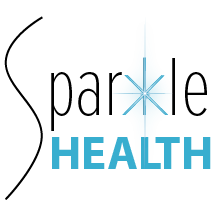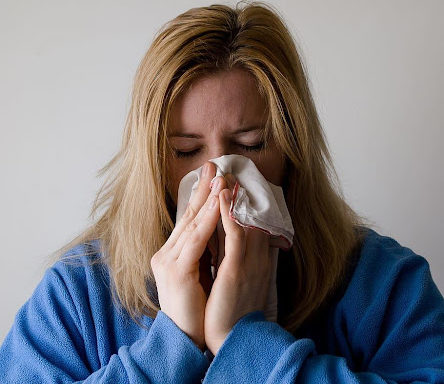Offsetting the Impact of Coronavirus Pandemic on Our Immune System
Chronic stress affects our health through particularly through the actions on our immune system. Our immune systems Achilles heel is the stress response that has persisted for a prolonged period of time. One of the things that concerns me about the Coronavirus pandemic is the impact of the control measures and the societal response on our immune system independent of the the viral infection itself. In other words, are we more susceptible because of how we are responding to the pandemic overall. This is magnified in today’s age of social media where news and information spreads faster than the virus itself.
To understand the concern, we need to discuss the difference in acute (fast onset and time limited) stress vs chronic (prolonged) stress and the impact on the immune system.
ACUTE STRESS
You are driving, a deer jumps out in front of your car suddenly your foot stomps down on the break. Your brain assessing the situation sends out a fast message through the sympathetic (fight or flight) nervous system and that releases adrenaline from your adrenal glands. Your senses are heightened, your temperature increases and your heart rate and respiratory rate increases. Blood flow to your brain and muscles increase and your immune function is ramped up. You stop the car just in time and the deer dashes away. Your body starts to relax in relief and the acute stress response is over. But what happens if we experience the equivalent of a deer jumping out in front of our car on every block?
CHRONIC STRESS
When our brain is repeated stimulated by stress our immune system over the long term becomes suppressed through the action of cortisol. In addition to our brain activating the sympathetic nervous system, at the same time our “HPA axis” is also stimulated. This is a slower acting system and repeated stimulation can lead to elevated levels of cortisol that does not have a chance to return to homeostasis or balance. When this happens, there is a decrease in our circulating lymphocytes and shifts the type of lymphocytes to more immature lymphocytes. This creates an imbalance where there is decreased resistance to infection and at the same time can increase risk of autoimmunity!
The impact of chronic stress on the immune system is direct through biochemical and messaging changes but also indirect as stress drives some other behaviors that magnifies immune system depression. For example stress is often a trigger for alcohol or tobacco use. Often we “stress” eat comfort foods that have poor nutritional value. Sleep during times of stress can also be disrupted. These factors are all known to have a negative impact on the immune system.
To make matters worse, social isolation is a known stressor and has been found to affect our immune system over time as well.
It has been shown that the antibody response to vaccination is less when we are chronically stressed. We also have demonstrated that antibody titers to latent viruses (such as Epstein Barr and others) are actually higher when there is chronic stress suggesting reactivation of these pathogens.
So let’s bring this back to what is going on with the coronavirus and COVID-19 in our communities.
- We are constantly bombarded with news and updates on the severity of the pandemic through news and social media outlets.
- We are confronted with disruptions in our way of life related to our livelihood, childcare, personal freedoms and financial pressures.
- We are practicing social distancing which for some is very lonely and a form of social isolation.
- There is uncertainty of norms and lack of clarity for people wanting to do the right thing.
- We lack predictive information which is reassuring in times of crisis.
This recurrent toxic stimulation of our limbic system (emotional / fear center of the brain) and the hypothalamus is setting us up for chronic stress over the upcoming weeks and months of the coronavirus pandemic. It is critical for the healthy function of our immune system for us to take a collective step back and deep breath and work on lessening the impact of this situation on our psychological and physical health in the shorter term and for years to come.
What can we do to support our immune system?
Stimulate the relaxation response…..again and again and again during this time of “hunkering down” to help slow the spread of the coronavirus. What do you do that relaxes you? What can you do that you love? What do you do that fills you with peace and joy? For some it is prayer, others meditation or reading. Maybe it is woodworking or spending time in nature or weaving baskets. It does not matter what it is so long as it is meaningful to you.
Put down the phone. Shut off the radio and the news outlets on our 24 – 7 information overload. Pick up your knitting or your walking shoes or whatever you have not had time to do in the fast lane because the one way I know for sure we can boost our immune systems response to infection is to slow things down. Connect with your friends, family and loved ones for virus free conversations. Find meaning in this unexpected period of slow down and perhaps that is one of the most important things we can do to help our body prevent infection.





